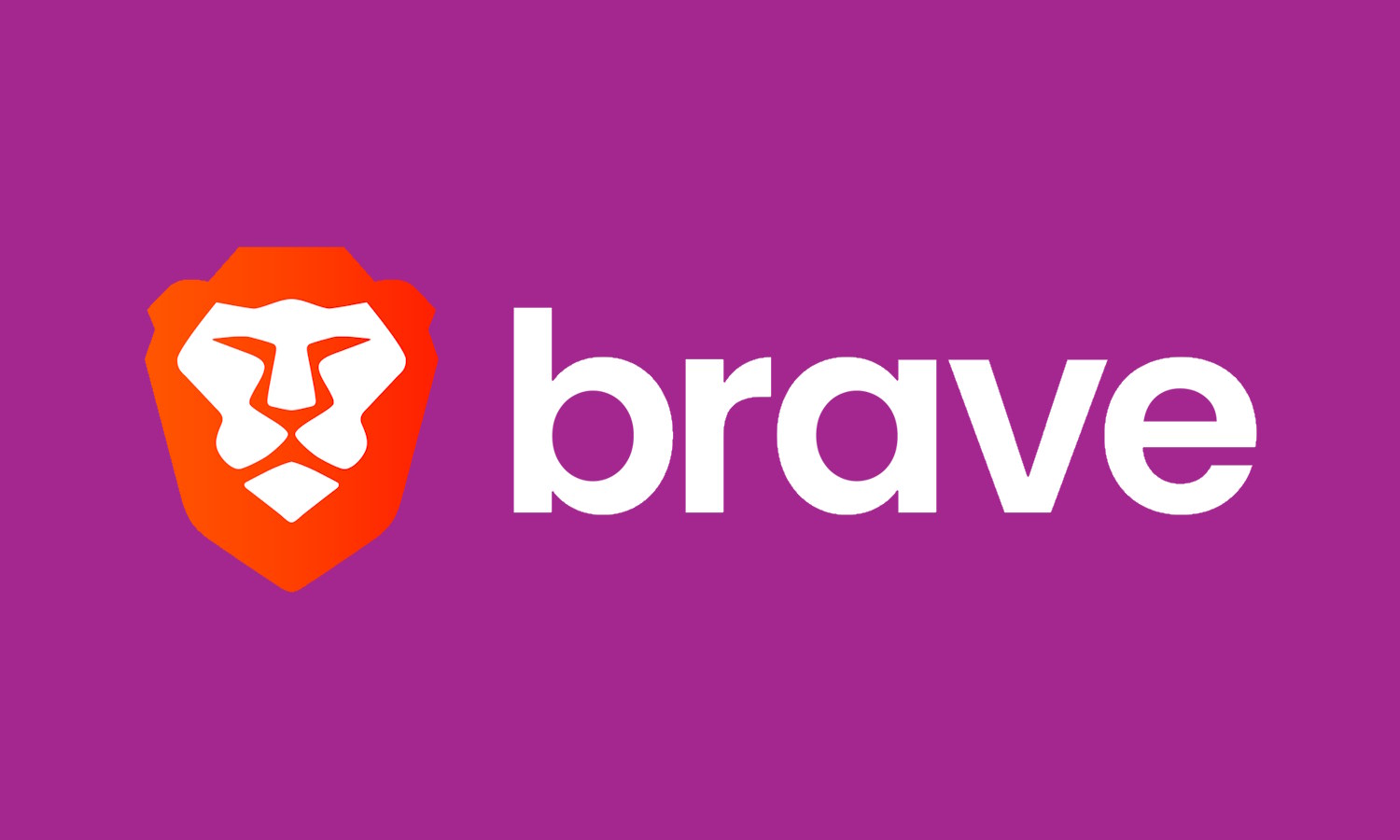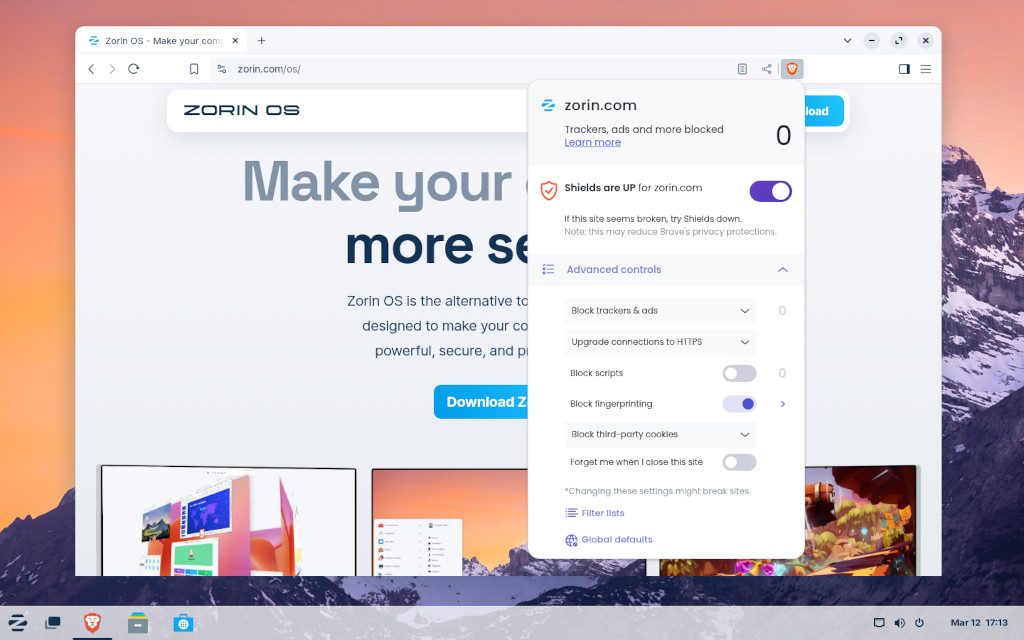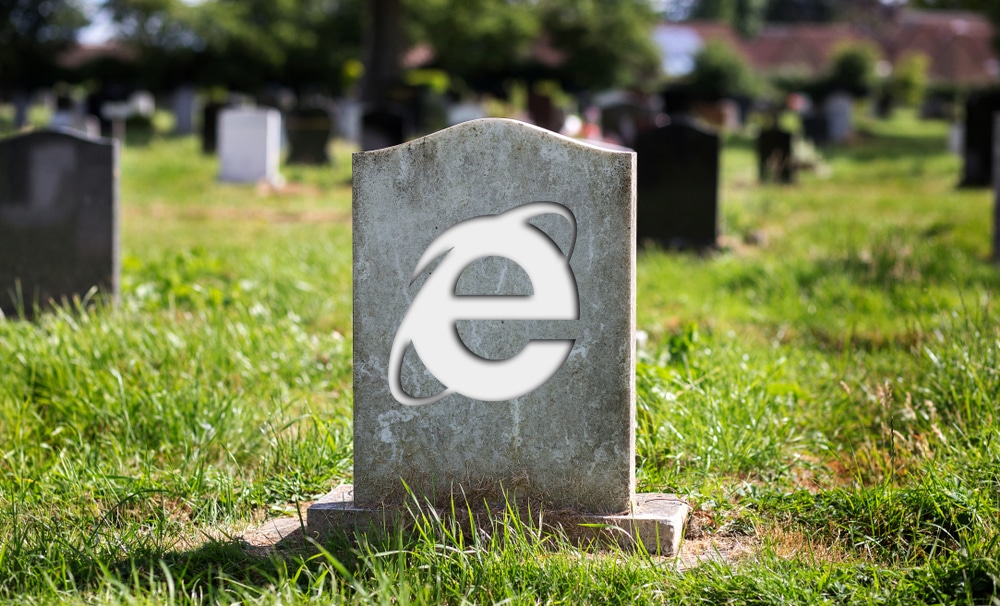
Brave browser blocks Microsoft Recall to protect your browsing activity
The Brave Privacy Team has announced that its web browser will block Microsoft Recall from taking screenshots.
The privacy measure comes after Microsoft started the rollout of the controversial feature, having been forced to make significant changes to the way it works. While Recall is now an opt-in feature, Brave’s announcement caters for those who would like not only more privacy, but more control.

Brave open sources Cookiecrumbler to make cookie consent blocking smarter
Brave just made a move that should make privacy enthusiasts pretty happy. The company has officially open sourced Cookiecrumbler, a tool designed to automatically detect and help block those obnoxious cookie consent banners you see across the Web. These pop-ups are not only annoying but, according to research, often track users even when they click reject. Cookiecrumbler aims to stop that nonsense while avoiding the headaches that can come with sloppy blocking rules.
Lately, Brave has been my go-to web browser. It’s open source, cross-platform, and runs beautifully on Linux, which I appreciate as a Linux fan. Even better, it handles ad-blocking on iOS -- something many other browsers don’t offer. And perhaps most importantly, it does all of this without relying on Google.

Zorin OS 17.3 brings Brave browser and better app support as perfect Windows 10 replacement
It’s time to celebrate, fellow Linux fans. Zorin OS 17.3 is officially available, and it couldn’t have come at a better time. With Microsoft ending support for Windows 10 in October, millions of perfectly good PCs are about to be left in the dust. If your computer doesn’t meet Windows 11’s ridiculous hardware requirements, don’t toss it in the trash just yet. Zorin OS 17.3 wants to give it a second chance.
This Linux-based operating system is built with simplicity, speed, and security in mind. It’s especially appealing to folks who are fed up with Microsoft but still want something familiar. With version 17.3, Zorin OS is doubling down on helping Windows users feel right at home, while also embracing the power and freedom of Linux.

How to keep using Windows 10 safely after Microsoft ends support
As of October 14, 2025, Microsoft will officially stop supporting Windows 10, marking the end of the road for regular security updates and technical support.
This doesn’t mean your Windows 10 machine will suddenly stop working of course, but it does mean that keeping it safe and secure will require more proactive measures. Here’s how you can protect your Windows 10 system after official support ends.

We tried Brave's AI chatbot Leo: It talks a lot about privacy, but is it truly private?
In early November, Brave, best known for its privacy-focused browser, launched its own AI chatbot called Leo. The chatbot is built into the desktop version of the browser (Brave says it will be coming to mobile soon), and was made available to all users for free. We at AdGuard, always eager to explore new AI-powered tools, and aftertesting Bing AI and playing with others, we couldn't resist the chance to check out Leo and assess its smartness and privacy features.
By default, Leo is found in the sidebar. To summon the genie AI-powered assistant, one simply needs to type 'ask Leo' in the address bar and it will materialize on the right side of the screen.

Brave Browser is ending behind-the-back port scanning attacks
The next major version of Brave Browser, a Chromium-based browser with a focus on privacy, will prevent sites and apps from accessing local resources without user permission.
Most modern browsers allow access to local resources. In fact, many do not differentiate between local and remote resources, and do not include options to block access to local resources.

Brave is gaining 'Forgetful Browsing' to dramatically improve online privacy protection
Web browser Brave has long had a focus on privacy, making it the browser of choice for those with concerns about online tracking and the like. Although Brave may be regarded as one of the most private browsers available, its developers continue to work on new innovations; the latest is Forgetful Browsing.
This new feature makes it possible to always clear cookies and other storage when a site is closed, helping to eliminate the potential for tracking and bringing other benefits. Forgetful Browsing can be enabled on a site-by-site basis, or applied across the board, and it prevents sites from using trackers to identify you, bypasses article viewing limits, and ensures that you are logged out of sites when you leave them.

Microsoft retires Internet Explorer after 27 years -- here's what happens next
Internet Explorer was once the dominant web browser, boasting a 95 percent market share in 2004. The arrival of better and faster browsers like Firefox and Chrome, along with the rise of smartphones, slowly destroyed its ubiquity and from today it is now officially retired and out of support.
While few people will mourn its passing, the browser is still used by many businesses and individuals who simply haven’t bothered to switch from what they know. For those users, Microsoft’s solution will be a predictable one.

DuckDuckGo and Brave announce separate plans to fight back against Google's divisive AMP (Accelerated Mobile Pages) framework
Google's AMP (Accelerated Mobile Pages) project is designed to speed up the web for mobile users, but it has big privacy implications because it allows Google to further track user actions, as well as prioritize its own ads on pages.
Today, both DuckDuckGo and Brave announced changes to their respective products to protect against Google AMP tracking.

Don't want to use Edge in Windows 11? Tough! Microsoft is taking away the option to open links in other browsers
It’s no secret that Microsoft wants people to use its Edge browser. It advertises it in Windows 10 and 11 and of course it’s the default in both of those operating systems too.
The Chromium version of Edge is very good, but plenty of users prefer a different browser, like Google Chrome or Mozilla Firefox. You can use any browser in Windows, but Edge will still spring into life if you click on a link from within the operating system.

Whoa! Brave browser can now show you web pages that no longer exist
When browsing the web, it can be frustrating to encounter a 404 error. You know the page isn’t there, but you don’t always know why. Has it been removed on purpose, by accident, or was it never there in the first place?
Well, Brave -- the browser from Brendan Eich, a former CEO of Mozilla -- is about to make 404 frustration a thing of the past, by giving you the chance to view the actual web page after it’s been removed.
